| Sorted by date | |||
page050from Building Ideasmusical harmony is something only the reasoning mind can eventually come to appreciate. The goal for philosophy, according to Plato, was to see beyond all earthly distractions, to leave behind the realm of the senses and to contemplate the unchanging universals. In Book VII of The Republic, in the allegory of the cave, Plato constructs an elaborate illustration of this intellectual journey of the philosopher, from the “shadow world” of appearances to the reality and light of true knowledge. Like Hegel’s later idealism which builds on similar philosophical assumptions, Plato also has little time for the contribution of the individual artist. He would, as he describes in the final book of The Republic, have banished all poets from his ideal well-ordered society, ruled as it was by an enlightened dictatorship of educated “philosopher-kings”. The underlying principles of order and mathematical harmony are the ingredients of Plato’s ultimately moralistic brand of aesthetics, which he goes on to describe as part of an ideal educational system: And isn’t it necessary for the young to be influenced by these qualities everywhere, if they are to do what is truly theirs to do? And these qualities may be seen in everything, in painting, and in ornament, in the making of everything, clothes, buildings, pots … and in the forms of living things. In all these, order or good form and its opposite have their places. Things without order, rhythm and harmony go with ill words and ill feelings but good order goes with courage and self-control.1 While Plato is willing to connect beauty to the moral sense of the true and the good – as though the cultivation of good taste would ensure and individual’s good behavior – it is the beauty found in nature more than the work of the mere artist which is the source for this experience and sets the standards of “good design”. Usefulness is one factor significant to this quality, which leads to an almost functionalist principle of design:
1 Plato, The Republic, translated by I.A. Richards, Cambridge University Press, Cambridge, 1966, Book III(401), p57.
|
|||
|
|||
|
|
Readingroom from Wu Huiping
1/11Go to Page:
 ... ...
... ... ... ...
... ... ... ...
... ...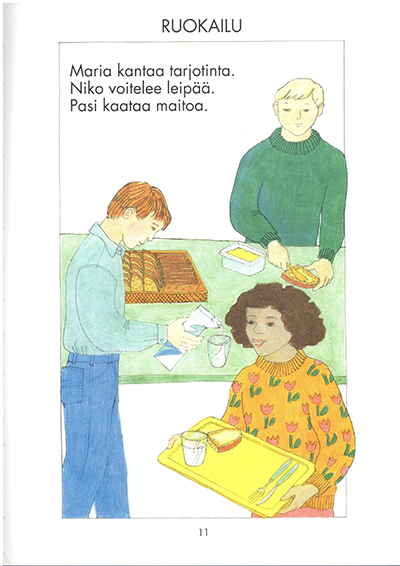 ... ...
... ...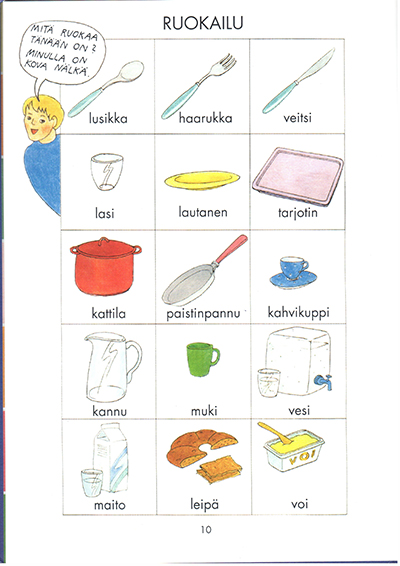 ... ...
... ...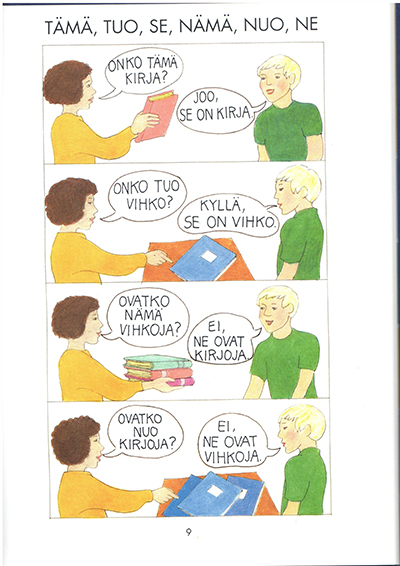 ... ...
... ...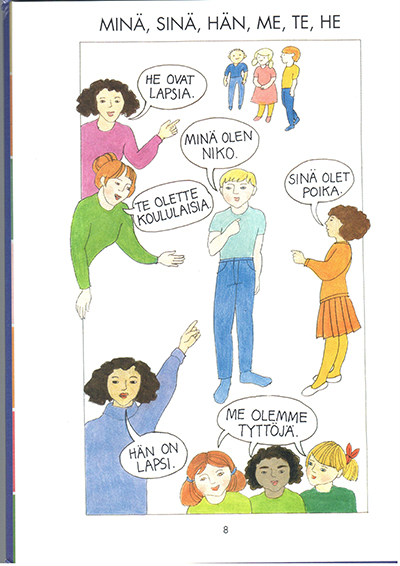 ... ...
... ... ... ...
... ... ... ...
... ...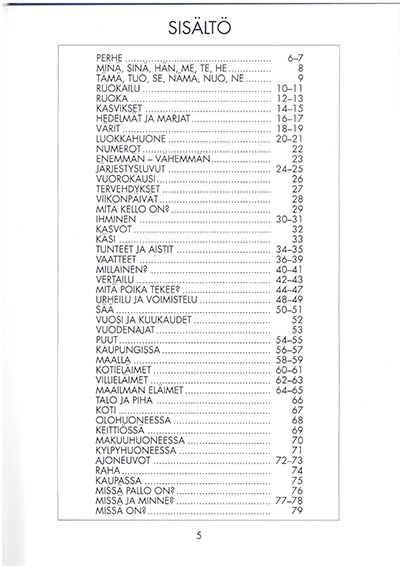 ... ...
... ... ... ...
... ... ... ...
... ...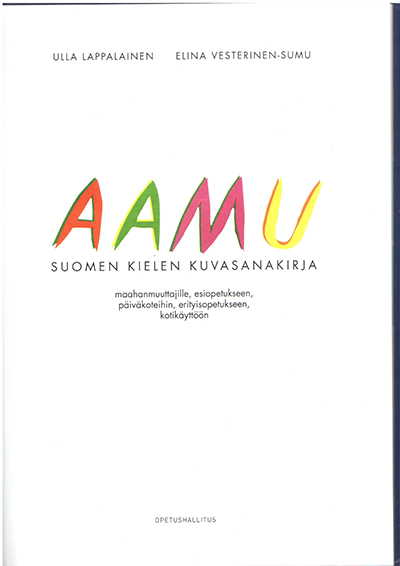 ... ...
... ...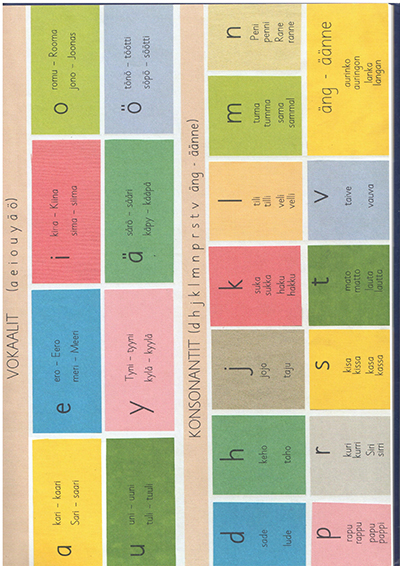 ... ...
... ...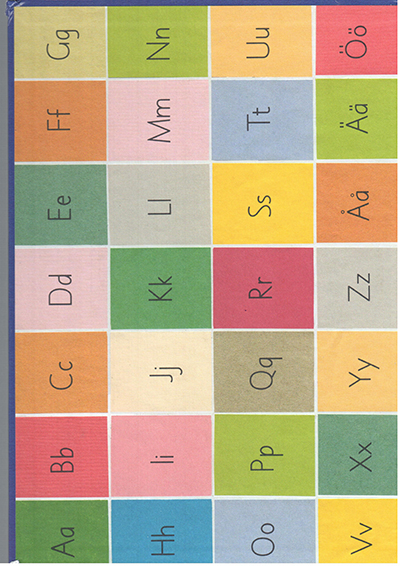 ... ...
... ...